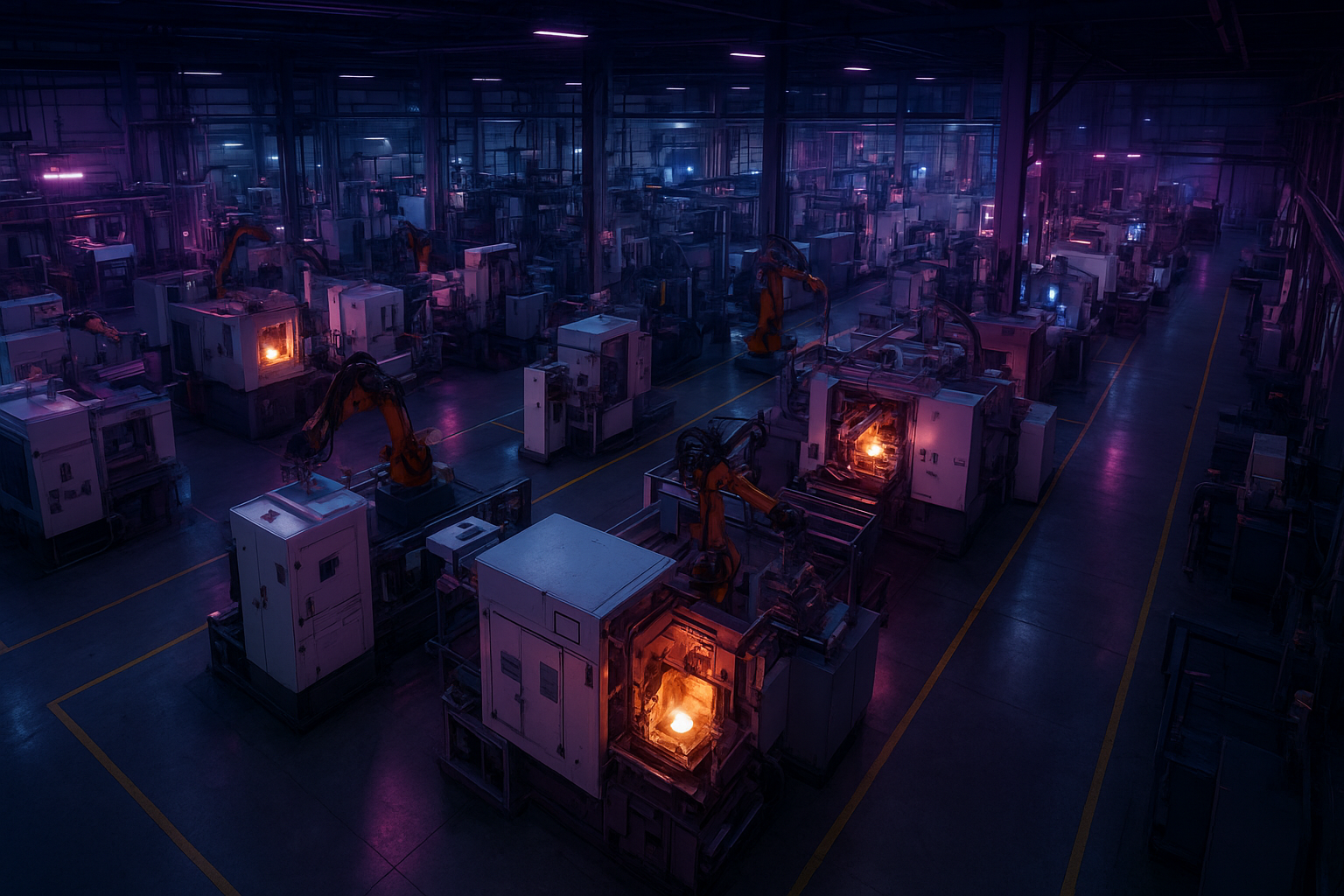What Are the Advantages of Using Zinc Die Casting in Industry?

In the world of modern manufacturing, precision, efficiency, and cost-effectiveness are more than just buzzwords—they’re critical drivers for success. Among the various metal-forming techniques, Zinc Die Casting has carved out a significant niche for industries ranging from automotive to electronics. While Aluminium Die Casting remains a popular choice for lightweight applications, zinc offers unique advantages that make it a game-changer for manufacturers seeking durability, speed, and versatility.
High Strength and Durability
One of the standout benefits of Zinc Die Casting is its impressive strength-to-weight ratio. Zinc alloys are naturally resistant to corrosion, wear, and fatigue, making them ideal for components that undergo continuous stress. Unlike some lighter metals, zinc provides structural integrity without adding excessive weight. This is particularly valuable in applications like automotive hardware, appliance components, and precision instruments, where a small part failure can lead to larger operational issues.
When compared to Aluminium Die Casting, zinc components offer slightly better dimensional stability and tensile strength, which is essential for parts that require consistent performance over time. For industries that prioritize long-lasting components, zinc often becomes the preferred choice.
Excellent Design Flexibility
Manufacturers increasingly demand materials that allow intricate designs without driving up costs. Zinc Die Casting excels in this area. The metal flows easily into complex molds, enabling the creation of thin walls, sharp corners, and detailed features that might be difficult to achieve with aluminium or other metals.
This design flexibility means that engineers can optimize both aesthetics and functionality without compromising production speed. For instance, in electronics, small zinc casings can be molded with precise dimensions to fit tightly with other components—a feat that is much harder with Aluminium Die Casting due to aluminium’s slightly lower fluidity in molten form.
Cost-Effective Production
Another significant advantage of Zinc Die Casting is its cost-effectiveness. Zinc has a lower melting point compared to aluminium, which translates into reduced energy consumption during the casting process. Additionally, zinc molds experience less wear over repeated cycles, extending their lifespan and lowering tooling costs.
This efficiency makes zinc particularly appealing for high-volume production. Companies can manufacture large quantities of parts with consistent quality while keeping overhead low—a combination that directly boosts profit margins. For businesses that need both speed and precision, zinc offers a competitive edge over Aluminium Die Casting, which often requires more energy and maintenance.
Superior Surface Finish and Post-Processing Options
Zinc’s versatility extends beyond the mold. Parts produced through Zinc Die Casting achieve smooth surfaces straight out of the mold, reducing the need for extensive post-processing. Moreover, zinc alloys readily accept plating, painting, and powder coating, allowing manufacturers to create parts that are both durable and visually appealing.
While Aluminium Die Casting can also be finished to high standards, zinc often provides better as-cast detail and surface consistency, making it a go-to choice for decorative and functional components alike.
Sustainable and Recyclable
In today’s eco-conscious market, sustainability is increasingly important. Zinc is fully recyclable without losing its properties, allowing manufacturers to reduce waste and environmental impact. When paired with energy-efficient production methods, Zinc Die Casting represents a greener option that aligns with modern industrial goals.
Conclusion
In summary, Zinc Die Casting offers a unique combination of strength, design flexibility, cost efficiency, and sustainability. While Aluminium Die Casting continues to be a staple for lightweight applications, zinc’s ability to handle complex designs, deliver exceptional durability, and reduce production costs makes it an indispensable tool for modern manufacturing.
Industries that embrace zinc die casting can achieve high-quality results faster, with less waste and lower energy consumption, proving that this material is not just an alternative—it’s a strategic advantage in today’s competitive market.
- Art
- Causes
- Crafts
- Dance
- Drinks
- Film
- Fitness
- Food
- Games
- Gardening
- Health
- Home
- Literature
- Music
- Networking
- Other
- Party
- Religion
- Shopping
- Sports
- Theater
- Wellness


